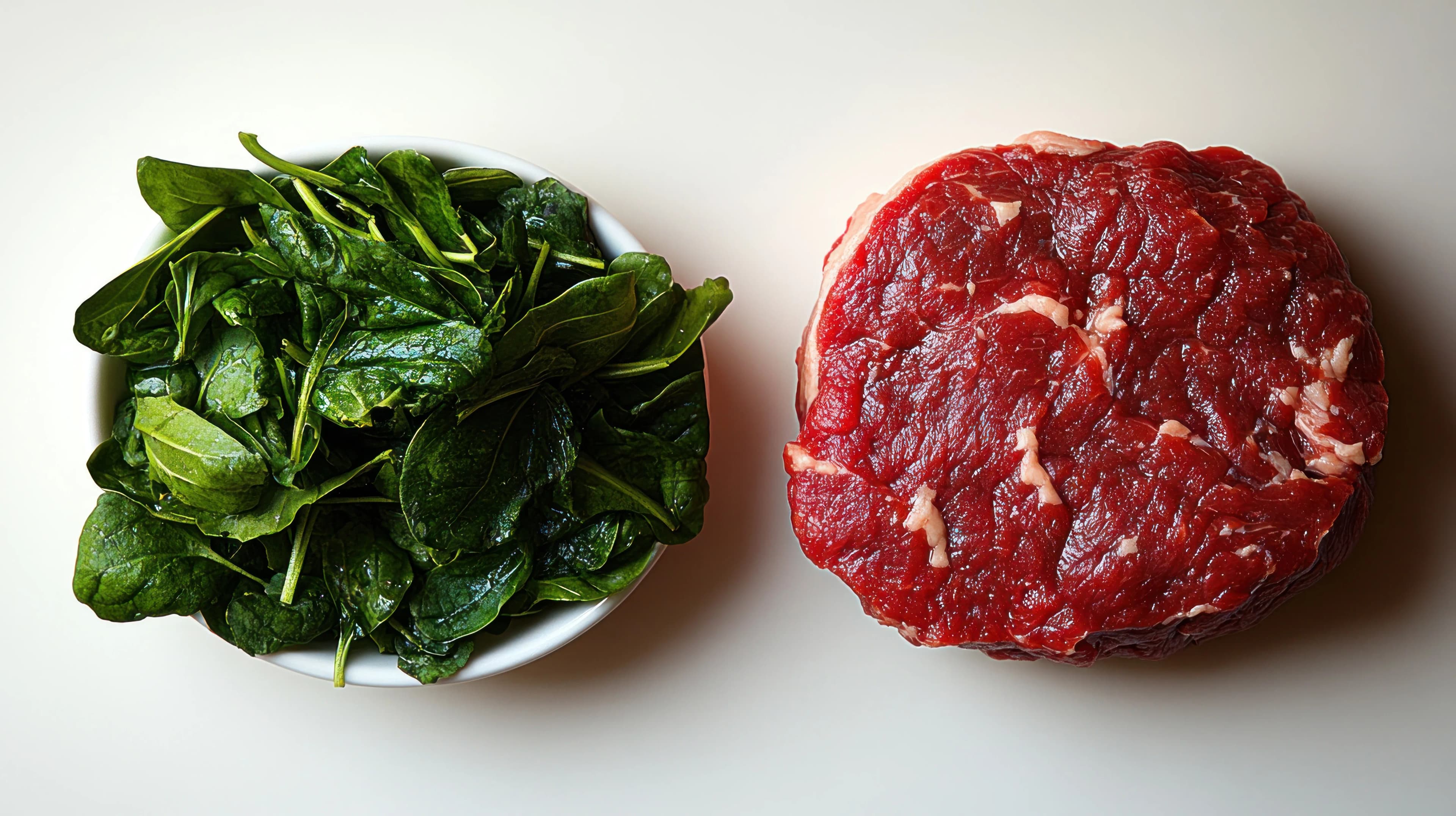
2025-07-01
|
Documentaries
How can we protect our bodies from the onset of chronic diseases, maintain good health for many years, and prolong youthfulness? American filmmaker Kip Andersen sought the answer to this important question. His documentary Something Unhealthy (2017) explores the relationship between human dietary habits and overall health, focusing on the destructive effects of animal-based foods.
The filmmakers argue that consuming meat, dairy products, and eggs promotes the development of diabetes, cardiovascular diseases, and cancer. According to the documentary’s creators, only a balanced plant-based diet can ensure improved health and overall well-being.
Today, the omnivorous diet is traditional for most people worldwide. It is a habit deeply ingrained in daily life that gradually harms our bodies. Meanwhile, statistics on overweight and obesity are far from encouraging. Two-thirds of Americans suffer from obesity, and the United States is not the only nation facing such a serious challenge. According to the WHO, 315 million people live with diabetes, and mortality rates from chronic diseases continue to rise each year.
A diet that includes animal-based foods is the primary cause of serious health problems. At the same time, 70% of diseases result from a lifestyle imposed by society from childhood. This is the central message of the film Something Unhealthy, whose creators consulted numerous leading experts and analyzed a large body of scientific research in this field.
The film crew, in particular, highlighted the following evidence-based facts:

Kip Andersen and his team claim that the food industry hides the truth by sponsoring fake studies about the effects of its products on the human body. Food companies ensure that meat and dairy products occupy a prominent place on our plates. Big business lobbies for its own interests within governments, which, instead of protecting their citizens, collaborate with corporations.
One striking example of state-level protection of harmful foods is the “Cheeseburger Law”, passed in the United States in 2005. It states that consumers are expected to use common sense and understand which foods are harmful, and that producers are not required to warn them about these risks.
Unlike animal products, Plant-based foods are completely safe and beneficial for the human body. They provide nutrients that can prevent or even help treat chronic diseases. For example, this article describes plant-based approaches to managing diabetes.
It is also important to note that the human jaw is not designed for chewing meat. A plant-based diet should be the choice for those who wish to live mindfully, fully, and avoid diseases. Its advantages are more than obvious:

Traditional dietary habits harm not only humans but also the planet’s ecosystem. Harmful emissions from meat-processing facilities take a toll on the environment. Studies show that in low-income residential areas located near farms, the incidence of cancer increases. Plastic packaging ends up in landfills and pollutes the oceans. Livestock farming consumes a quarter of the world’s freshwater. Furthermore, the raising of broilers, pigs, and cattle under the harsh conditions of industrial farming is another serious ethical concern.

The creators of Something Unhealthy did an enormous amount of work, producing a documentary that is both informative and scientifically grounded. They explain that food should serve as medicine, not provoke disease. To achieve this, it is recommended to avoid animal-based products and follow a plant-based diet. Their claims are supported by numerous facts, referencing extensive research.
You can watch the film at the link provided below.